

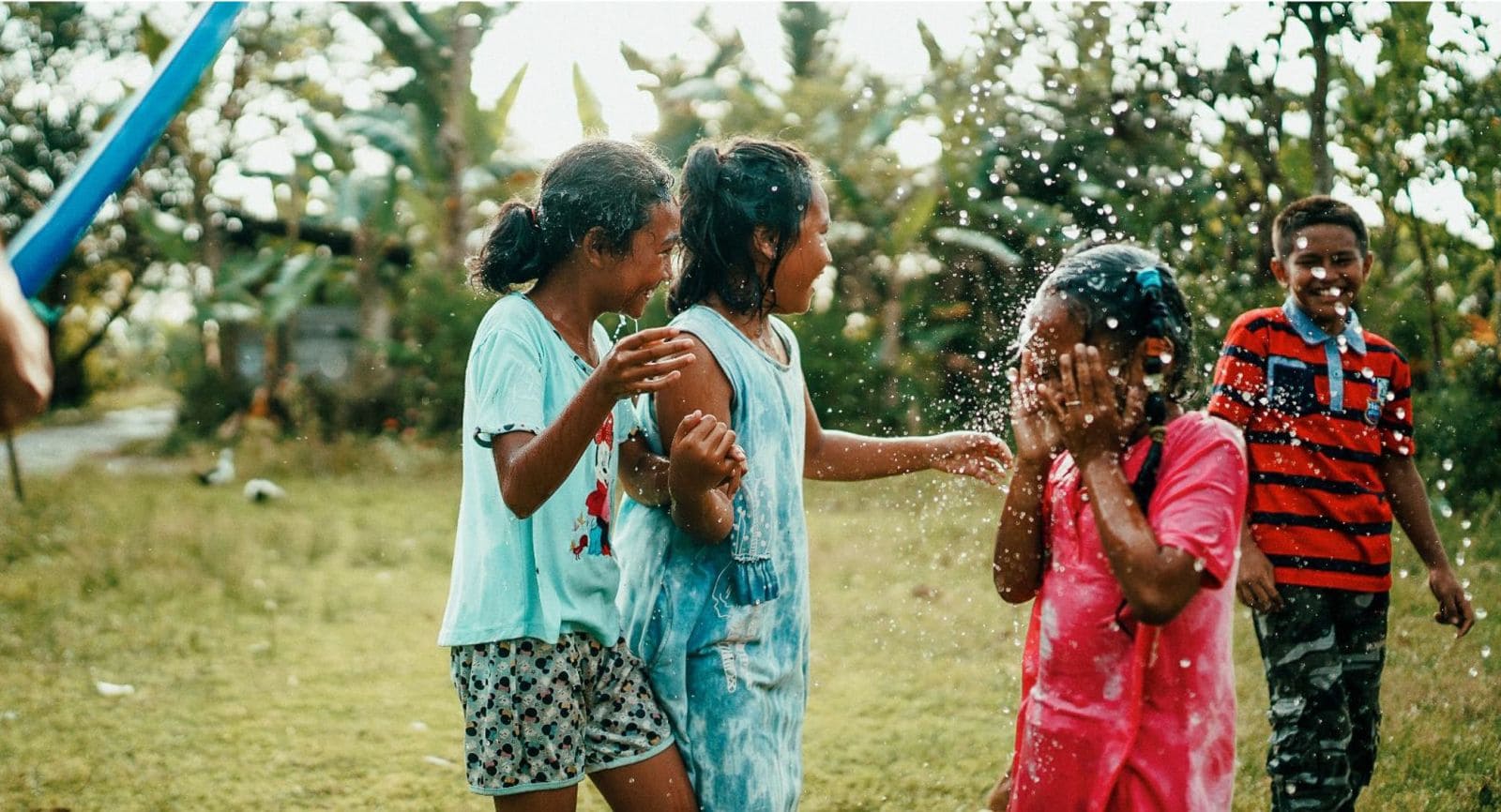
The project delivers economic and development support for 45,000 people living in 35 villages in the area surrounding the conservation project



Community livelihood development is a core priority for the project. In partnership with 39 villages, the project works to build capacity in community decision-making and identify initiatives for co-development and sustainable land use, through support for activities identified during the participatory planning process.
The community development programmes have been designed and implemented with full consultation with the communities and are reviewed periodically to ensure continued effectiveness.
Alongside the support for sustainable business development, the project also delivers programmes that are working to improve the health, education and wellbeing of local communities.
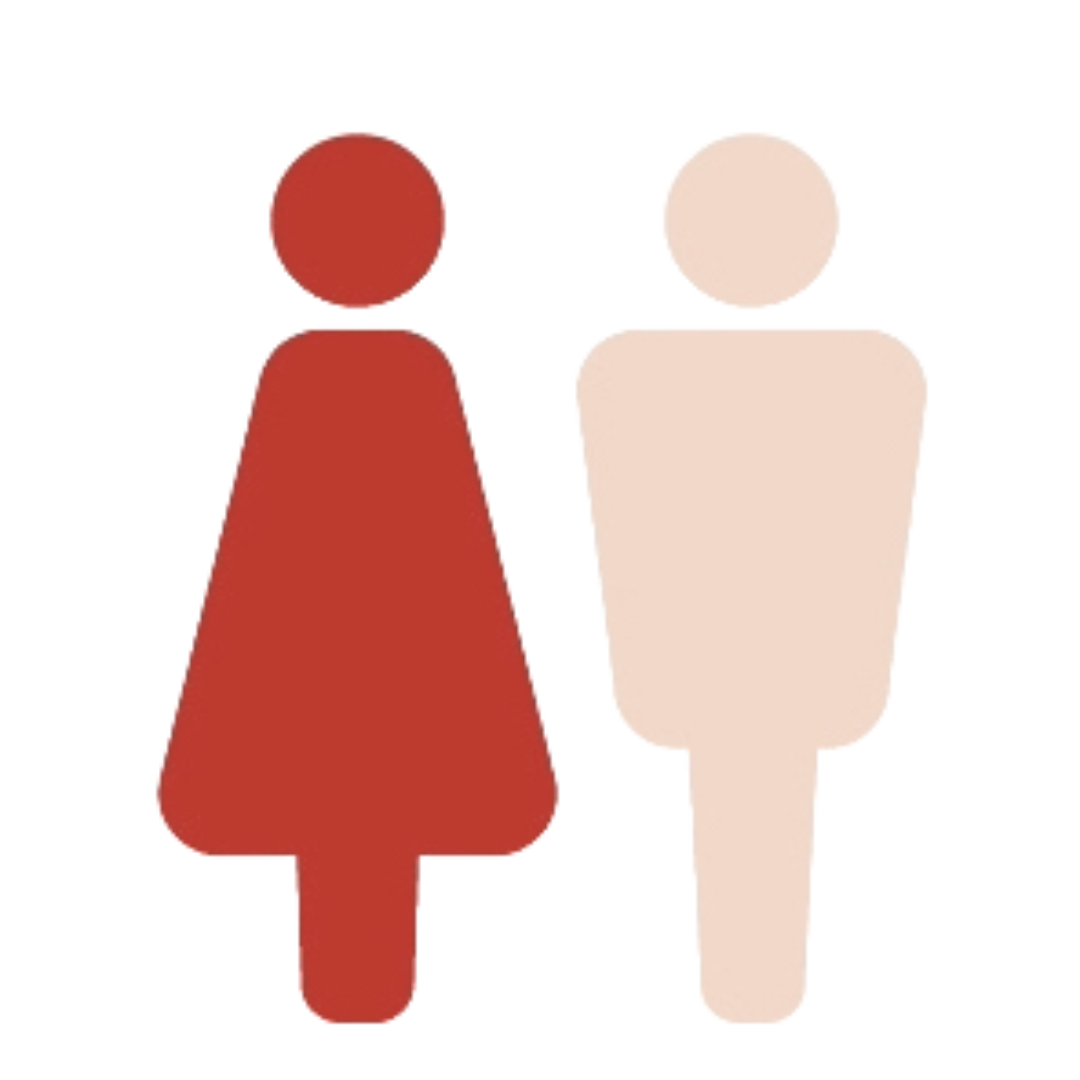
Training in climate-smart agriculture (CSA) practices to improve land and soil quality
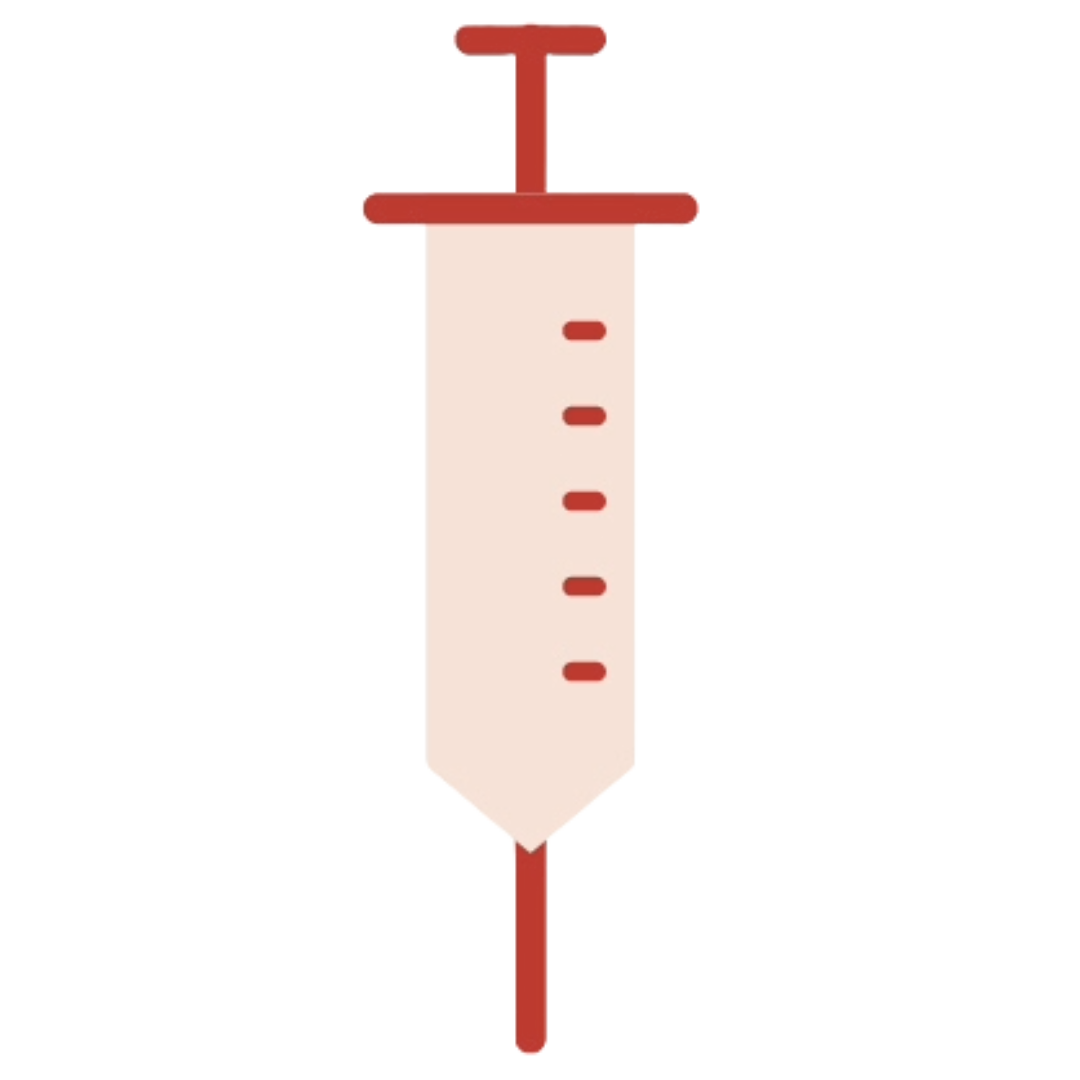
Helping to provide access to health services for 11 remote villages around the project

Participants in health education for the prevention of respiratory infection

Providing entrepreneurial opportunities
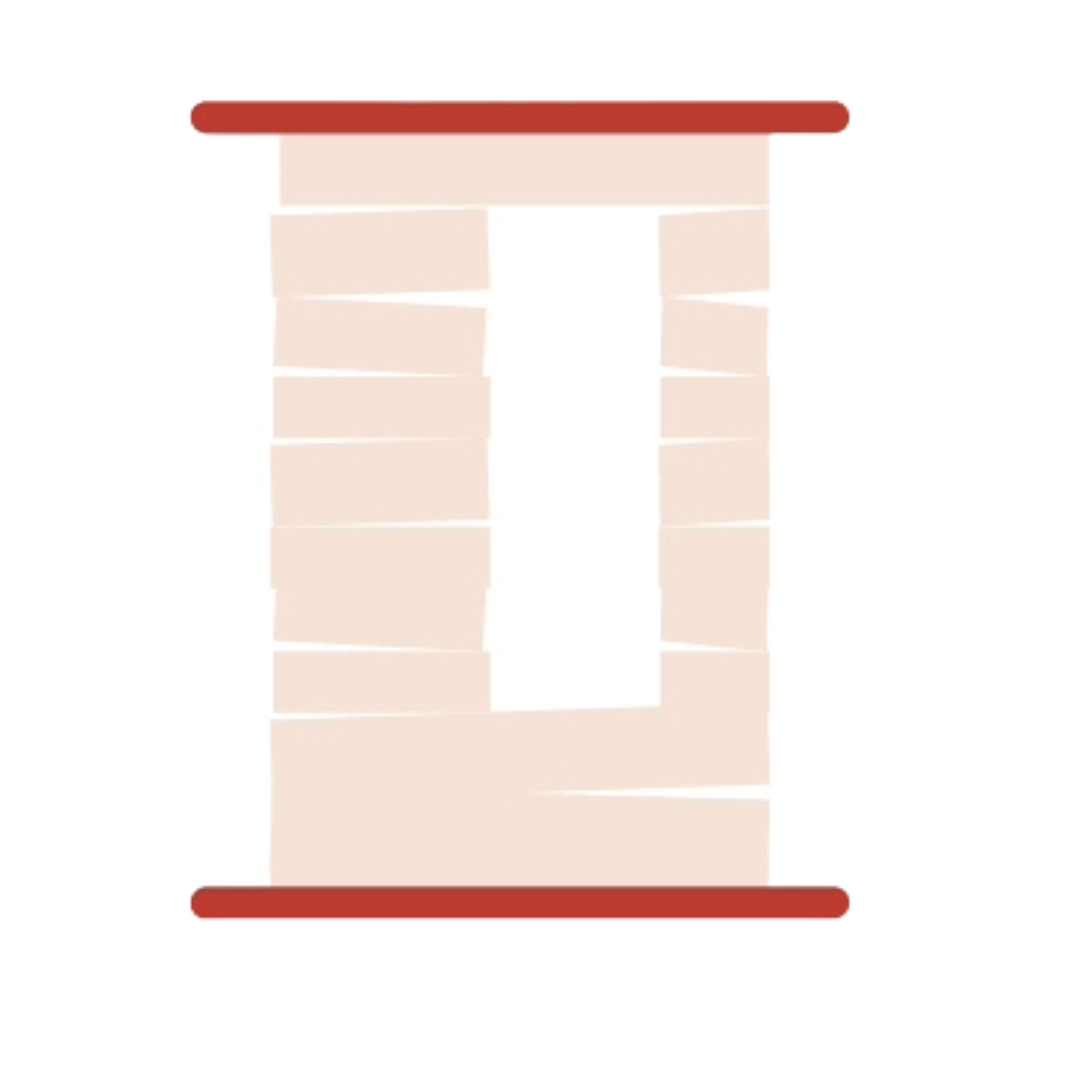
Improving health and water quality by replacing river latrines alongside the banks of the river

Promoting a sustainable, no-burn, chemical-free approach to cultivating diversified crops in the local area


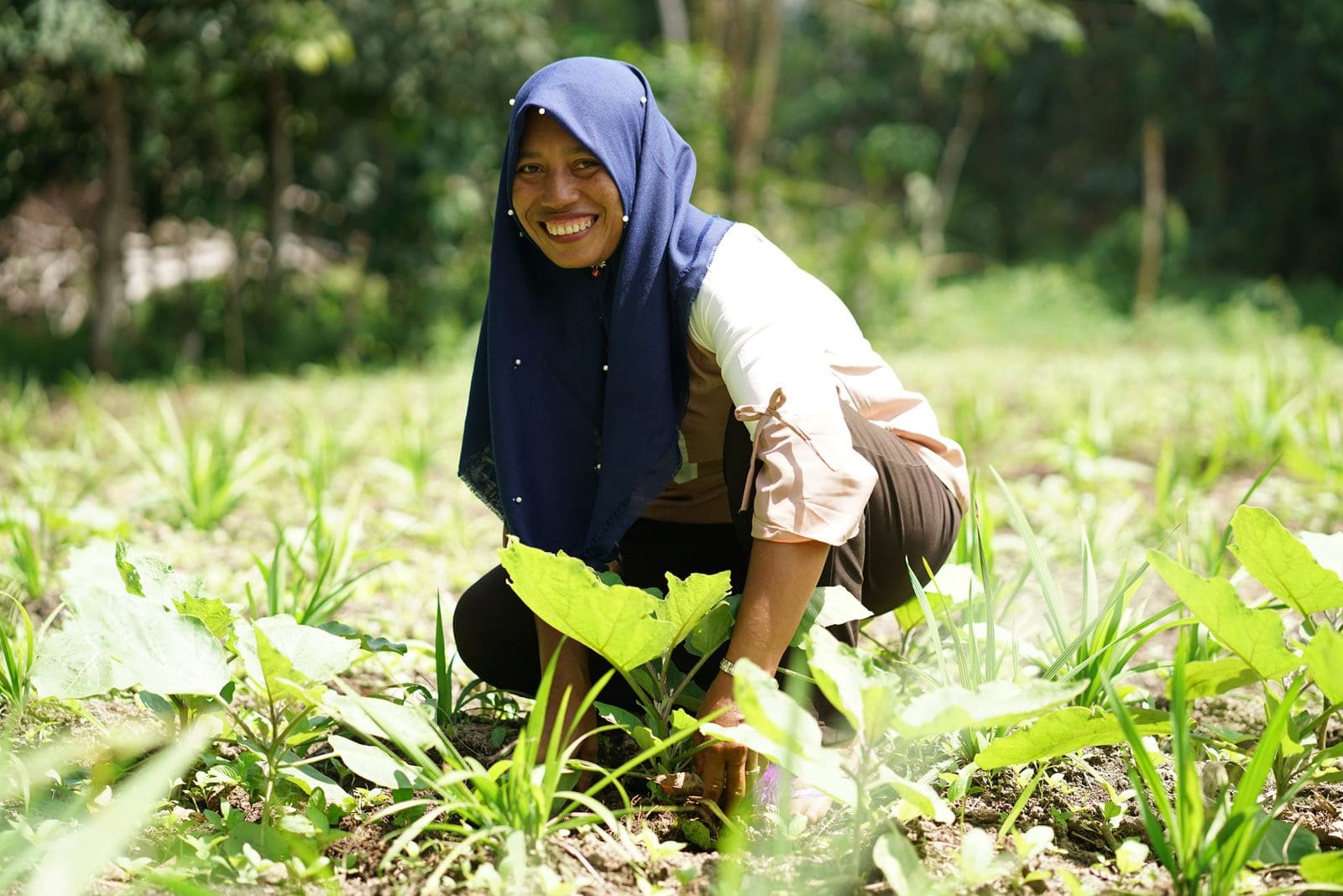
The KMP set up the Agroecology Farming Program (Sekolah Tani Agroekologi) to help promote a sustainable, no-burn, chemical-free (Tanpa Bakar, Tanpa Kimia) approach to farming in the local area and discourage the traditional slash and burn practices. The program was established over 4 years ago and so far, engaged over 800 farmers, representing 780 hectares.
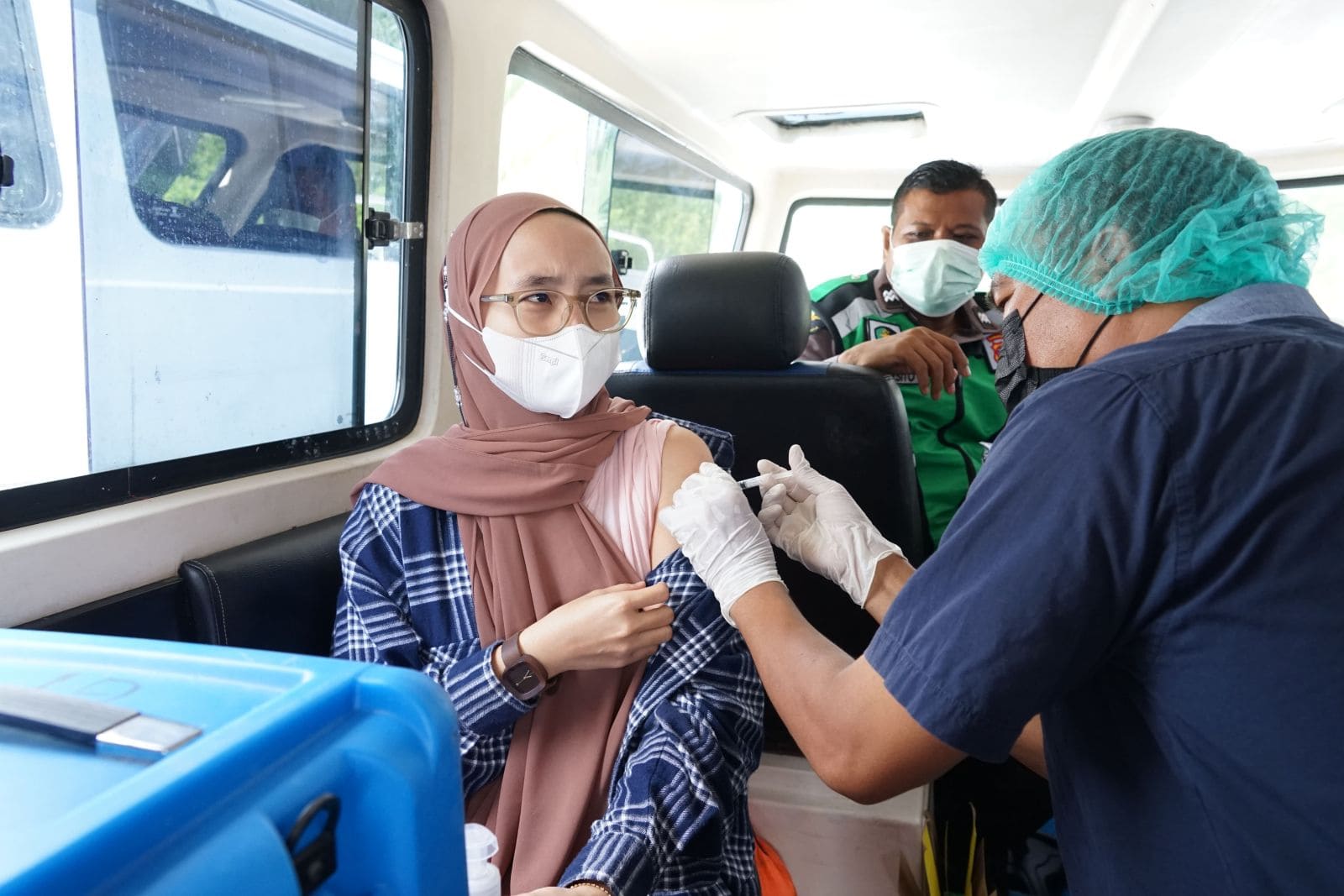
To facilitate access to health services the KMP initiated a mobile clinic health service program in 2020– which is sometimes referred to as the floating clinic. The floating health clinic provides free health services to communities living far away from (government – run community clinics and health centers). Health care professionals, their equipment and treatments are transported from village to village via the waterways and temporary clinics are set up at each stop along the course. (Puskesmas)
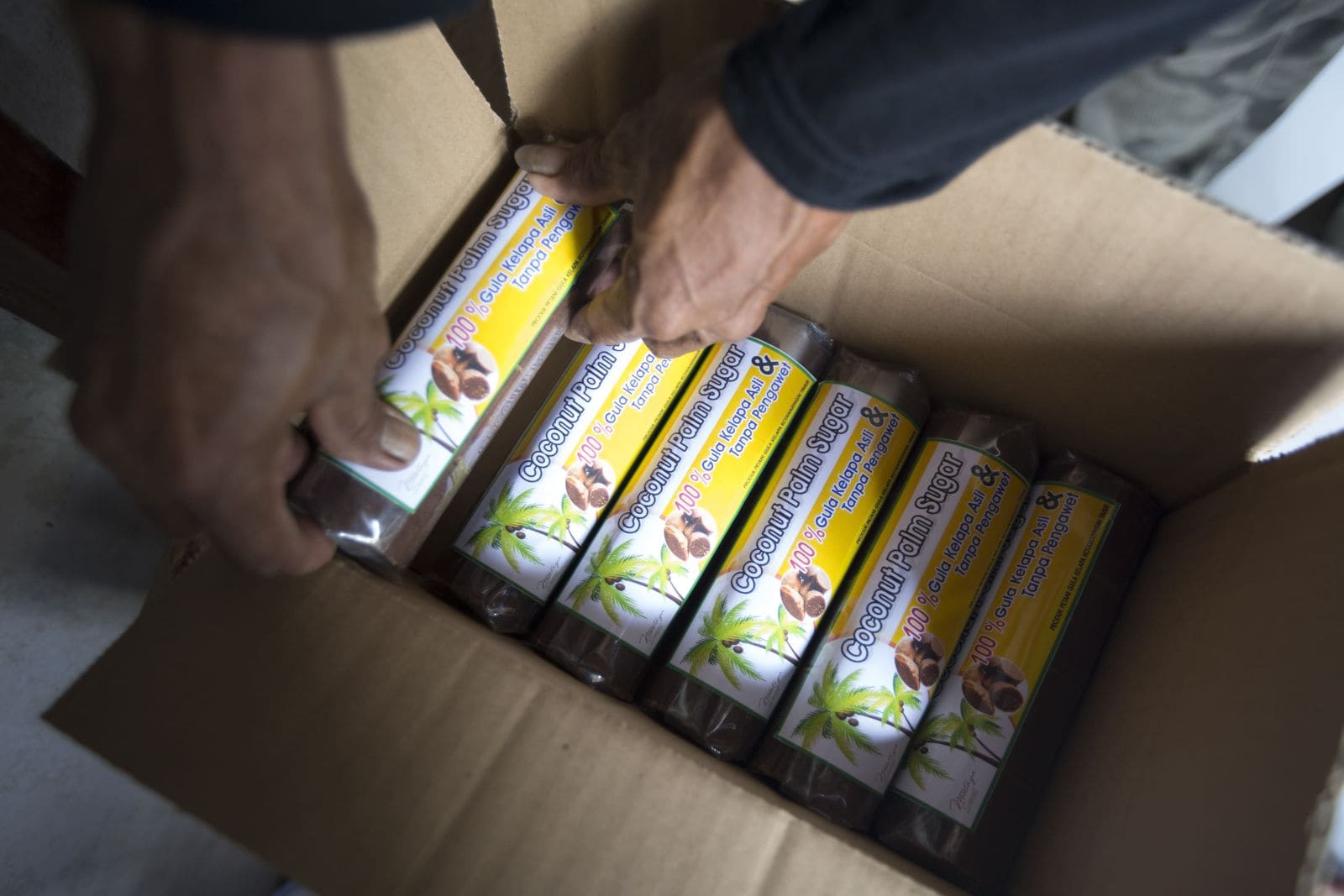
Helping local communities move away from destructive livelihoods and build sustainable careers. The KMP’s coconut sugar training centre has proven beneficial for local communities as more households have successfully built coconut sugar businesses. The training is an intensive 10-day course, built around practical hands-on training, with lessons in harvesting palm nectar safely, processing the nectar into sugar, producing end products.
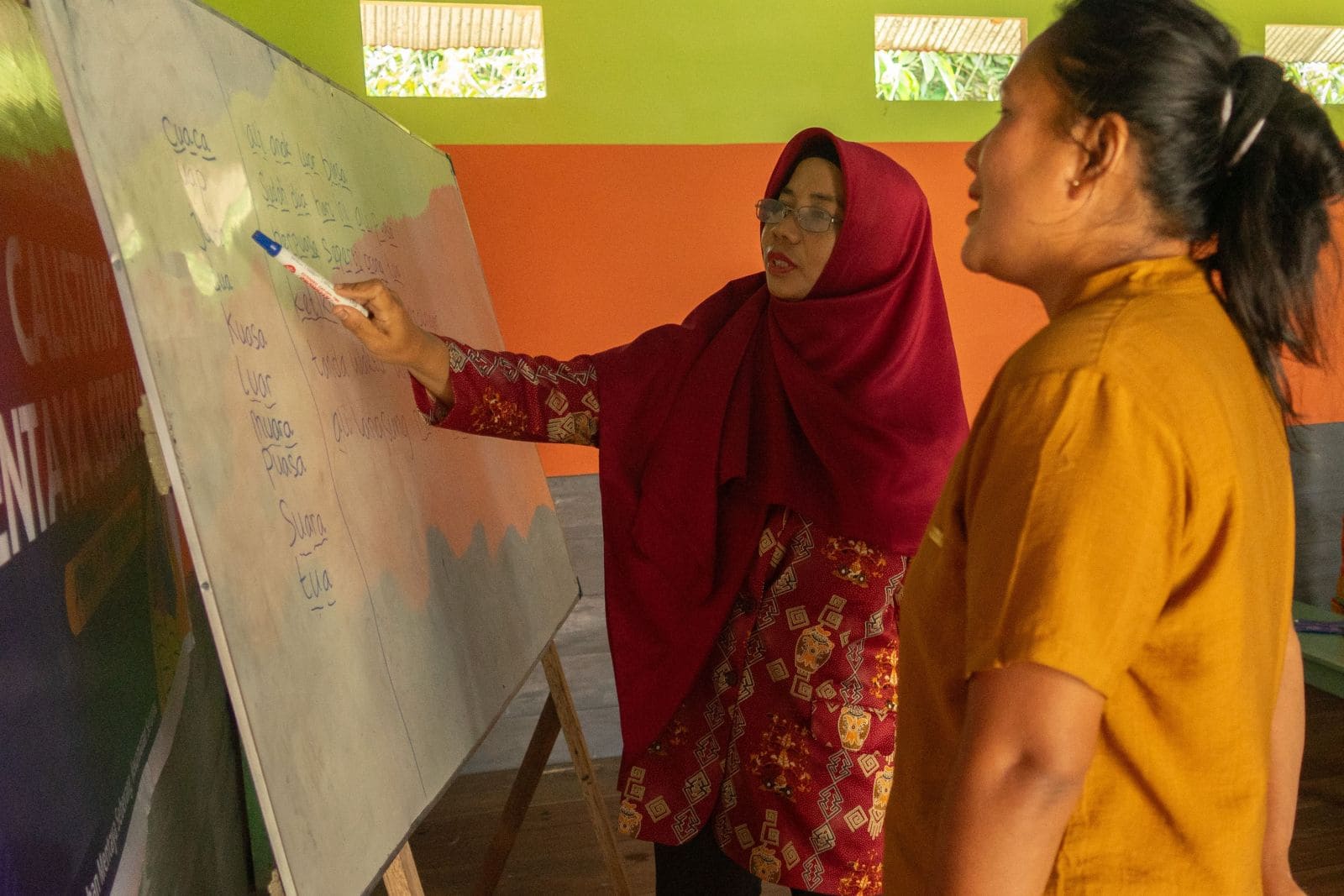
The project has hosted a series of Calistung Programs (Indonesian this is an acronym for read, write, and count) that aims to alleviate the illiteracy of students of all ages through village-based teaching sessions. With help from Mentaya Estetika Learning Centre (Pusat Kegiatan Belajar Masyarakat/PKBM), the Katingan Mentaya Project is using qualified tutors who are able to facilitate learners with an A Certificate (equivalent to Elementary School graduates) by the end of the program.
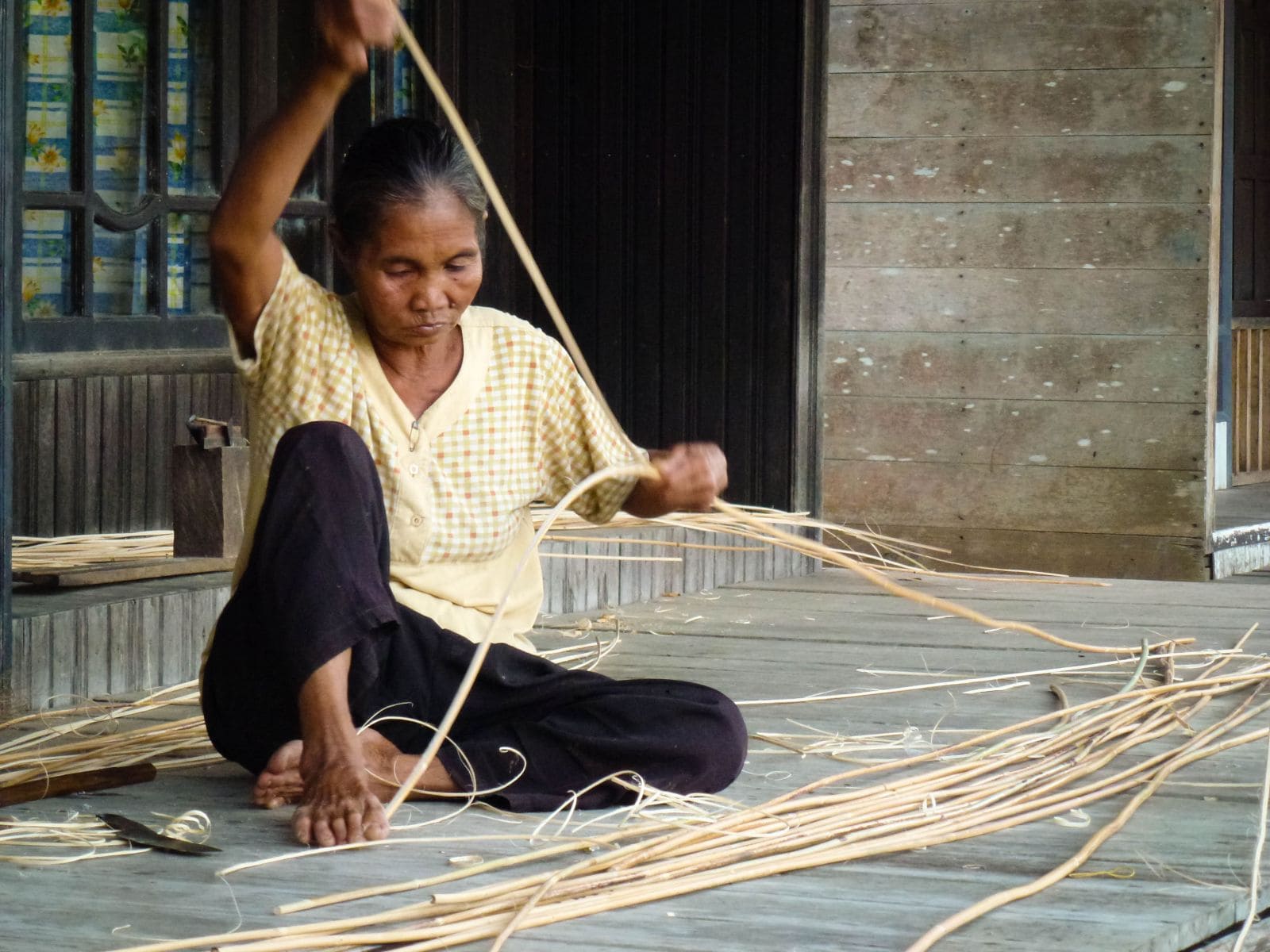
Purun baskets are woven from a grass that grows abundantly in the swampy conditions around the KMP site. The grass is harvested during low tide, left to dry in the sun, before being beaten flat. A specific three-women purun weaving business has developed in the remote Parigi Village, where small sapling baskets are woven and sold directly to the project to provide a sustainable and biodegradable alternative to be used in the project’s reforestation nurseries.


Climate change is a global challenge that requires global action. We can help you meet your commitments to deliver a brighter future.